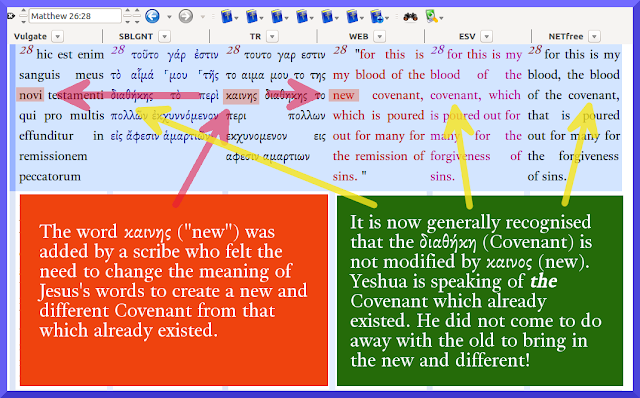Is the New Testament Text Free of Corruption?
Is the New Testament Text Free of Corruption?
From a certain point of view, it is true that the wealth of thousands of manuscripts and partial manuscripts of the New Testament provides us with the best-attested ancient writings in the world.
The benefit of having such a profusion of texts is that it has been very difficult down through history to introduce changes in one or a few manuscripts without that change being detectable by comparison with other manuscripts which were not changed. It is a sort of textual version of “checks and balances”.
These checks and balances provided by thousands of manuscripts have given many a sense of achieved perfection in the transmission of the texts down to us today. It is common to hear Christians comment about the very high accuracy of the texts and that variations that do exist are nearly always insignificant, such as variations in spelling, which do not affect the basic meaning or message. The impression given is that all such corruptions are benign.
It is indeed the case that most such variations are benign and accidental, and do not change the meaning of the text. But we need to be careful not to assume that all such changes are random and benign, and that there have been no widespread attempts to change the text of the original writings of the New Testament.
Consider the example of Matthew 26:28, in which the oldest manuscripts we have do not contain the word ’new’ (or, more precisely, the Greek equivalent of it). It is apparent that this word was deliberately added by those in charge of copying and transmitting the text of the New Testament books.
Why would “Covenant” be deliberately altered to read, “New Covenant”? I suggest it is because Church authorities felt the need to teach the abolition of the so-called “Old Covenant” and its replacement with a new and different one. What better way than making a small change to have this come out of the words of Messiah Himself?
There is in fact no “New Covenant” if by that one means something radically different or disjoint from the Old or the currently existing one. The only “new” Covenant is the existing Covenant renewed.
The deliberate alteration to Matthew 26:28 is a sort of smoking gun in the sense that we can use it to tune into a major type of bias nurtured within the Church, which has been responsible over the centuries for the faithful transmission of the Holy Scripture.
You can see the alteration that was made by examining the figure below. The yellow arrows point to three correct texts (SBLGNT, ESV and NETfree). The red arrows point to corrupted texts (TR, Latin Vulgate, and WEB).

Figure 1: The deliberate scribal addition made to the Greek text of Matthew 26:28.
Download
For offline reading or printing, you may wish to download the PDF version of this snippet.